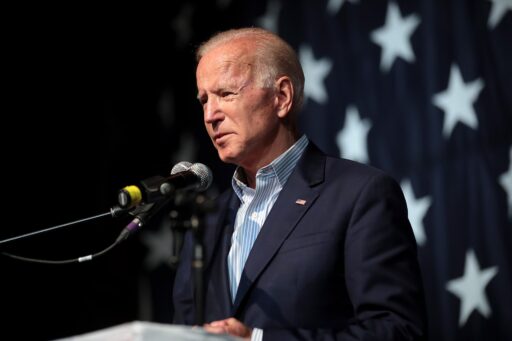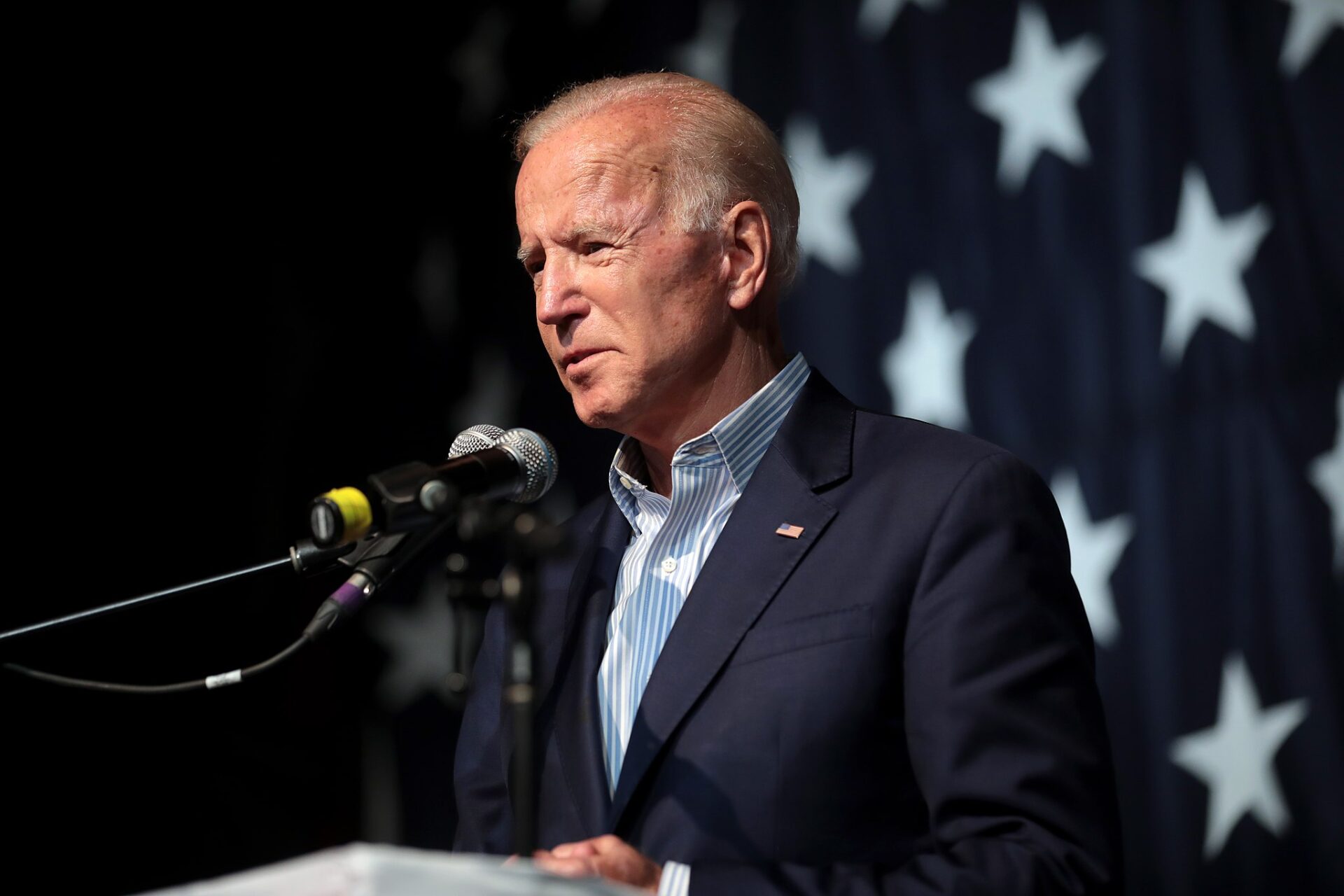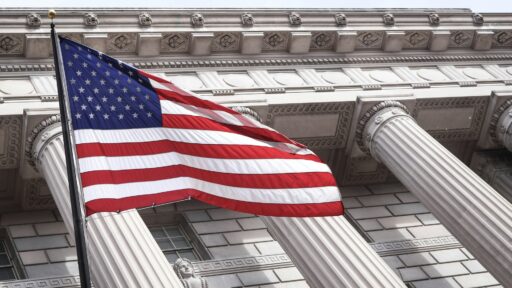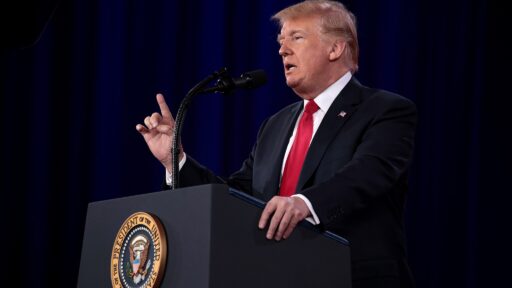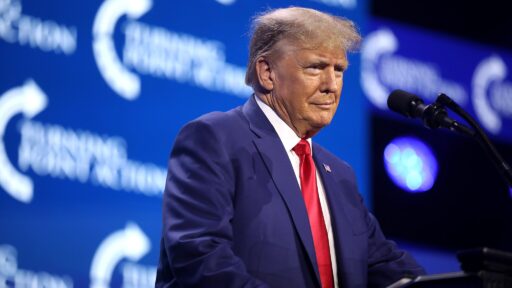Trump Calls For More Legal Immunity
Former President Donald Trump is seeking to broaden his presidential immunity in a bid to evade criminal charges related to hush money payments made to Stormy Daniels. This move comes as Trump’s legal team contends that such payments, discussed during his presidency, fall under presidential duties and thus should be immune from prosecution.
Lyle Denniston, a veteran legal analyst with over six decades of experience covering the U.S. Supreme Court, weighed in on Trump’s recent court filing in New York. Trump’s attorneys have argued that the recent Supreme Court decision on presidential immunity should shield him from indictments tied to these payments. They assert that discussions conducted during his presidency, even if not central to core presidential duties, should be covered under this broad immunity.
The case against Trump involves 34 counts of falsifying business records, stemming from hush money payments to the adult film actress Stormy Daniels. On May 30, Trump was convicted on all charges. In response, Trump filed an appeal on July 24, arguing that the Supreme Court’s ruling on July 1—affirming expansive presidential immunity for official acts—should overturn his convictions. The Court had ruled 6-3 that official acts of a president are protected from prosecution, and such acts cannot be used as evidence in cases concerning unofficial conduct.
Denniston noted on his legal blog, Lyldenlawnews.com, that Trump’s legal team is pushing for an even broader interpretation of immunity than what the Supreme Court has granted. They argue that any actions taken by Trump as president, even if not central to his core responsibilities, should be shielded from legal scrutiny.
Trump’s lawyers maintain that their client’s discussions about the payments, while not equivalent to cabinet meetings, still fall under official duties and therefore should not be admissible in court. They claim that allowing such evidence would constitute a severe threat to the presidency and undermine the constitutional framework.
Manhattan District Attorney Alvin Bragg has countered that the Supreme Court’s decision on presidential immunity does not apply to this case. Bragg argues that Trump’s appeal based on presidential immunity lacks merit and should not influence the ongoing prosecution.


